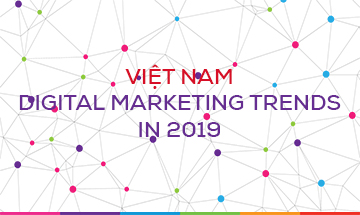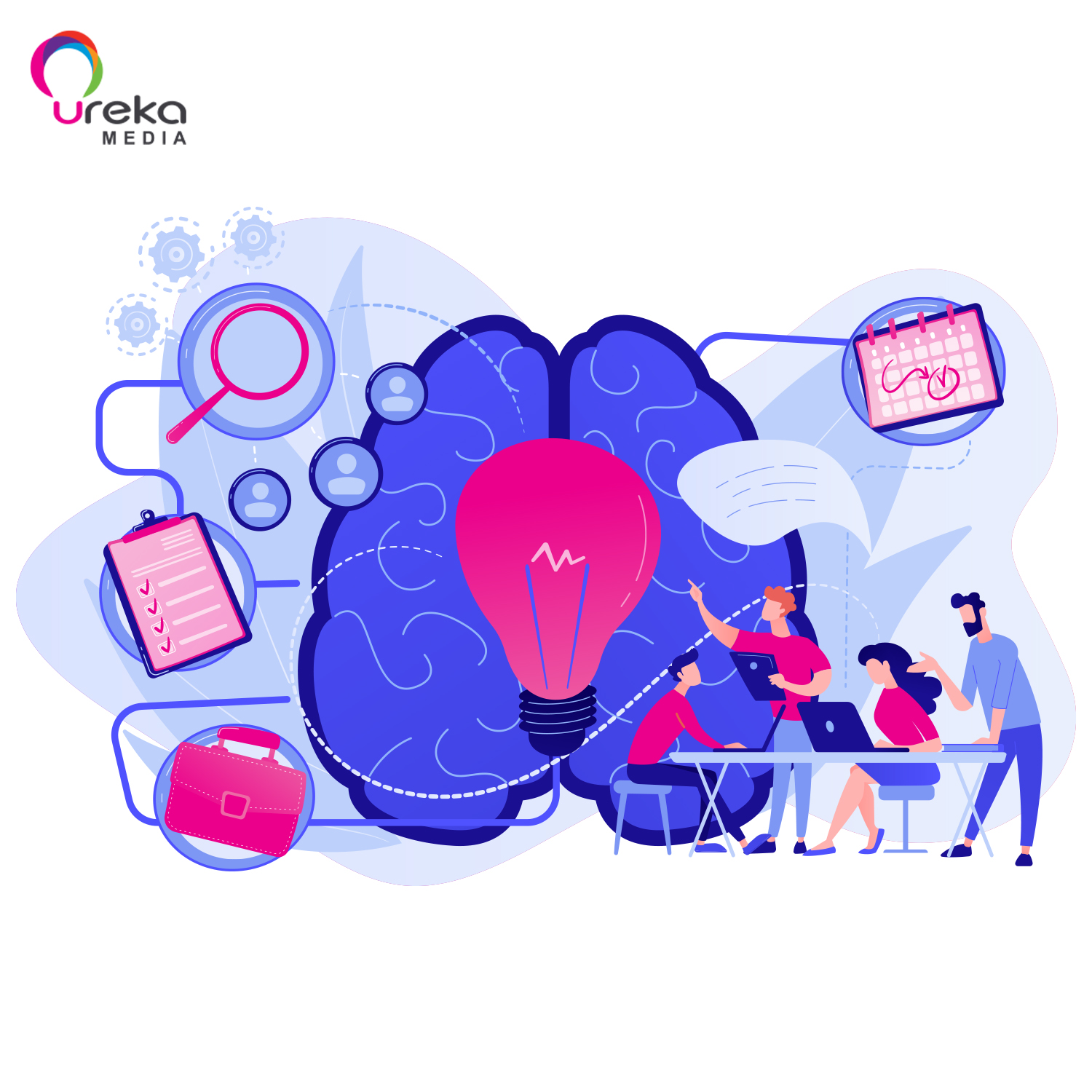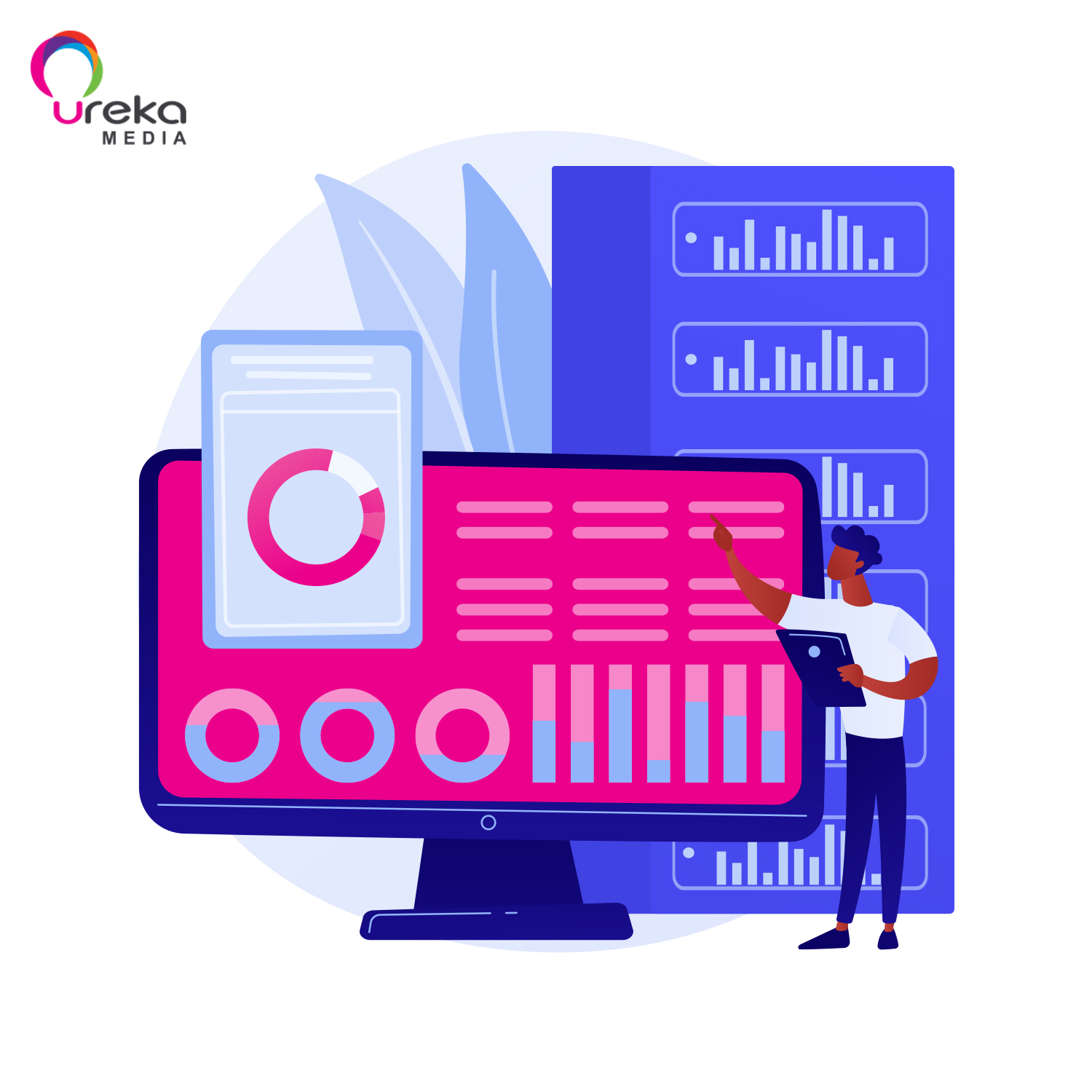


Make people SEE and REMEMBER the brand



Get people to UNDERSTAND and
WANT the brand



Change people's BEHAVIOR and
get them to CONVERT



Take care of people to CONVERT OFTEN and
ADVOCATE the brand
U News
[PERFORMANCE BASED ADS] ARTIFICIAL INTELLIGENCE LIMITATIONS AND IMPLEMENTATION
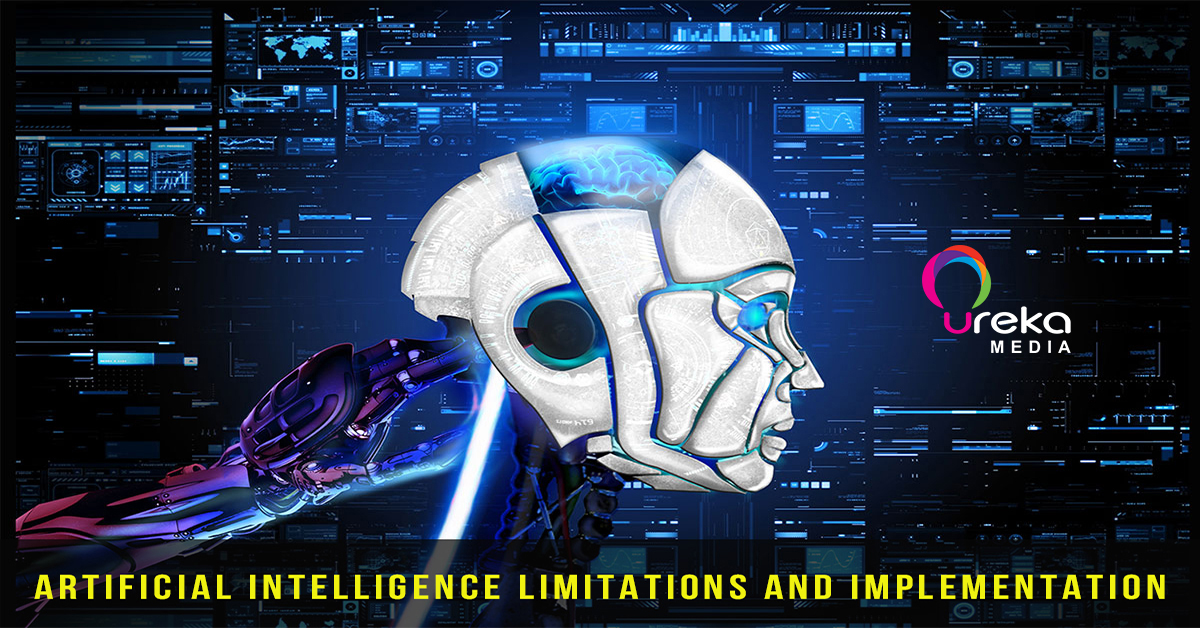
This is one post in a series on Artificial Intelligence’s implications on marketing, analytics, and you. We will cover a definition of AI, what it means for marketers, marketing applications, and how to implement AI technology in your company.
WHERE DOES AI FALL SHORT
Despite all its benefits (see list below), artificial intelligence is not the silver bullet to incredible marketing.
AI will not take the place of a marketing team because it cannot replace creative thinking. Because it is a program, AI does not have new ideas - only variations on older campaigns.
Furthermore, as with human analysis, you have to ask the right questions (or program the right instructions) to get the answers you’re looking for.
An AI solution is only as good as the data it has. Incomplete, inaccurate, or outdated information will result in suboptimal output.
Marketers should be careful how and what AI systems are taught, as Microsoft learned the hard way with Taybot. Like toddlers, artificial intelligence solutions are very impressionable.
HOW TO IMPLEMENT AND LEVERAGE AI
Harnessing big data is the first step towards adoption and success with artificial intelligence. All the data exists, marketers just need to make sure they are effectively capturing it. The relationship between marketing and technology departments will become very strong. The best AI solutions will consider your existing legacy systems and allow for collaboration and communication across the enterprise.
”Marketers aren’t just thinking about how AI can reduce basic task burdens; they are focused on how it can improve the business, which is exactly what every organization should be focused on with initial investments in AI.”
The Huffington Post, Human Interaction and Artificial Intelligence
The terms “artificial intelligence” and “machine learning” are very hyped right now.
As you will discover, some AI solutions are better than others. In many cases, humans are still behind the “intelligence.”
Solution providers should be able to give a stand-alone demo. If they need to process data “in the cloud,” that is a sign they may be relying on human analysts.
Ideally, they can give a demo on your data to prove it will actually work with your data.
- Make sure solutions actually provide real-time results, allowing you to instantly adapt strategy.
- Research their data sources and algorithms.
As we explained earlier, big data, the more the better, is what makes AI valuable. And delivering a huge data file isn’t artificial intelligence - it’s just a database requiring you to do the work to find insights.
Find out what approaches to AI they use.
It’s a good idea to have an expert, like a data scientist, with you to understand what they are saying. While you may not understand the technology, the provider should have no problem with talking to you about it.
Make sure it will be able to change along with your needs and grow with your business.
Ask the company where they see themselves in five or ten years. They should not only anticipate changes for their products, but also for your business needs.
Source: Erin O'Bannon from meetcortex.com
Related Post
Recent Post
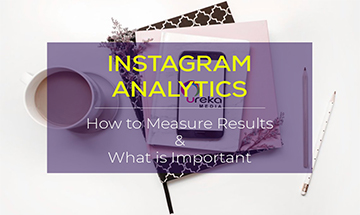
![[Video News] Get more done with Smart campaigns in Google Ads](https://urekamedia.com/uploads/uploads_image/20180717/20180717120658_95809.jpg)


